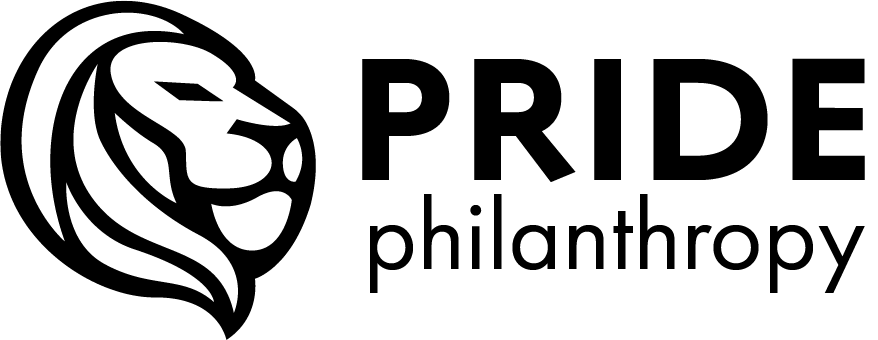Prospect Research: Philanthropy Best Practices & Tips!
Prospect research in philanthropy is the practice of identifying, qualifying, and gathering information on prospective donors to prepare an ask for a charitable contribution. Professional fundraisers use this technique to find donors who have three specific things when determining if a person, business, or foundation is a good candidate for giving a gift to their charity.
Inclination: How likely is this prospective donor to give if asked? Are they familiar with my charity? Have they supported similar causes in the past?
Ability: What is a close estimate at their giving capacity? Do they have substantial resources? Are their assets tied up in a business/property? If they wanted to give, could they?
Access: How quickly or easily could we set up a meeting with this prospective donor? They are probably only going to give if asked, so how to we put ourselves in a position to ask? Is there an application process? Would they agree to meet me for coffee?
The goal of prospect research is to learn as much as we can about those three qualifiers, but also learn background information on the prospect. It helps to know your prospects inside and out before you sit down, so you know how to frame a gift and guide the conversation. We like to think about it as studying for a test! You don't want to spend all your time doing it, but if you don't spend any time, you are likely to fail.
Also, as a point of clarification, prospect research is NOT the same thing as wealth screening, which is computer-generated research of individuals based on their public asset and public donation records. Most companies say their own wealth screening software is accurate 80-90% of the time, but industry experts agree it's actually closer to 60% most of the time unfortunately. That's not to say wealth screening isn't useful, it certainly can be! It just doesn't compare in terms of thoroughness or accuracy to property conducting prospect research.
How To Research Prospective Donors
Prospect research, like quite a lot of research these days, is just glorified Googling. That's why we start with the quickest, most accurate, and most up to date information we can before we even sit down at our computer: peer information. No website is going to know your prospects as well as their own friends, family, coworkers, and business partners, so if we know someone who knows them, we just ask! It can be a little awkward and sometimes not appropriate to give up financial information on your friends, so we have to pick and choose who we approach for these background asks, but often times, if your board or volunteer team has prospects for gifts, they also know those prospects personally. Gather what you can from their personal network, and then take to the internet.
The next place we ALWAYS look before continuing, is our own CRM. What info do we already have saved on this prospect? Have they given before? How much? Most of these questions are answered in your donor database if you've interacted with this donor before. This can save a ton of time, so it's an important box to check.
Next, Google their name in as many combinations as you can think of (including spouse and not) and make sure it's the right person, even if you find something. If your prospect's name is John Smith, you'll definitely have better luck typing "John F. Smith Chattanooga, TN insurance" if you knew he worked in the insurance business and lives in your hometown of Chattanooga. Also, Googling a different combination of terms with trial and error is usually better than going to deeper pages 2,3,4..of Google. Warning: you will find plenty of "pay for information on this person" sites, and they are scams, so never pay that "dollar" it costs to look someone up!
Bonus step: Google their name with the words "annual report" or "giving report" or even just "donation" next to it. Many times, this will pull records from other nonprofits about large gifts they've already made!
After an internet search, we always look at social media: Facebook and LinkedIn usually being the most useful. With LinkedIn you can usually get job title, work history, school, etc. which is always helpful.
If you can get a home address, look it up (or homes in the same neighborhood) on Zillow to see its approximate worth! This is never a perfect indication of wealth obviously. People buy above and below their means all the time, and Zillow is only so accurate, but if someone's home is worth $6 million, they are probably a good candidate for some type of charitable gift.
We also will look at public records sites to see if they have given any political donations recently, also not perfect, but can help form a bigger picture.
If you still need more information on how to research your giving prospects you can check out our free guide on how to find new prospects or read about how the pros do it! But if you're still needing a little more info, reach out to us! We're happy to help point you in the right direction.

